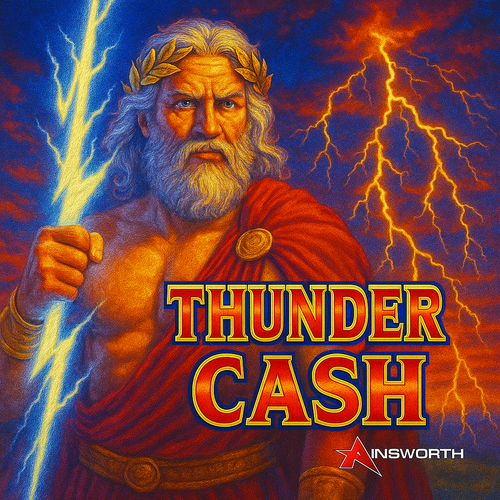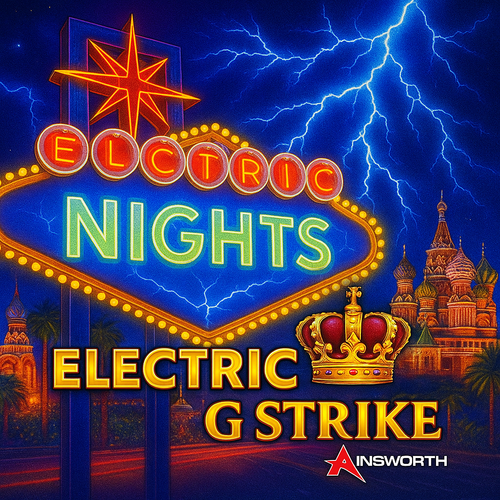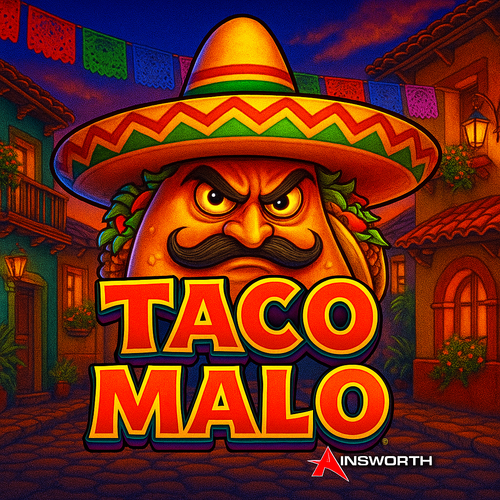Does RTP affect the probability of winning the jackpot
Does RTP affect the probability of winning the jackpot?
Introduction
When choosing a slot for a progressive jackpot game, players are often faced with a concept such as RTP (Return to Player), which denotes the return percentage of the total bet. The question of whether RTP affects the probability of winning the jackpot remains important for many players seeking large payouts. In this article, we will try to figure out how RTP and other slot mechanics with progressive jackpots relate to the chance of winning the main prize.
1. What is RTP and how does it work?
1. Defining RTP
RTP (Return to Player) is the theoretical percentage of all bets returned to players as winnings. For example, if the RTP of a slot is 95%, this means that in the long term, players can expect 95% of their bets to be returned, and the remaining 5% is a casino advantage. RTP does not mean that players will receive a specific percentage in each session of the game; is a statistical estimate based on many thousands of spins.
2. How does RTP affect overall winnings?
Slots with higher RTP theoretically offer players most of their bets, returning more in winnings. For example, a slot with an RTP of 97% will return 97% of all long-term bets, while a slot with an RTP of 90% will return only 90%. However, RTP is a long-term metric, and in the short-term distance a player can win or lose significantly more.
3. RTP and progressive jackpots
Progressive jackpots accumulate with every bet made by players and can get very large. While RTP can affect the overall return percentage, the chance of winning the progressive jackpot is independent of this metric. The progressive jackpot usually has a random activation, and the chance of winning it depends on a variety of factors, including random number generator (RNG) mechanisms.
2. How does RTP affect the chance of a progressive jackpot?
1. RTP and odds of winning the jackpot
For progressive jackpot slots, the probability of winning the grand prize remains low, regardless of RTP. These slots have a lot of volatility, which means wins are rare, but they can be very large. RTP does not directly increase the likelihood of activating a progressive jackpot, as the jackpot is randomly activated through a random number generator (RNG).
2. High RTP game and progressive jackpot
While RTP may not increase the chance of a jackpot, slots with higher RTP tend to offer more consistent, though smaller, wins. This means that if you play on a high RTP slot, you may be more likely to receive more frequent but smaller payouts, but the chance of a progressive jackpot remains the same as in a low RTP slot.
3. Network Jackpots and RTP
In online jackpots, where the bets of players from different casinos are combined, the chance of getting a jackpot does not depend on RTP. The process of accumulating a jackpot is based on player bets rather than the RTP of the slot. So although RTP can affect the total number of funds won, the probability of getting a progressive jackpot still depends on chance and the jackpot activation mechanism.
3. What affects the probability of winning a progressive jackpot?
1. Random Number Generator (RNG)
The main factor that affects the probability of winning a progressive jackpot is the random number generator (RNG). This mechanism determines the outcome of each spin, making the jackpot win random. The probability of winning a progressive jackpot is independent of the bet or RTP; this is the result of random numbers that are generated on each back.
2. Bet size and jackpot participation
In some progressive jackpot slots, players must bet at the maximum level. This can increase the likelihood of activating the jackpot, since in such games part of the bet goes to accumulate the jackpot. However, it also increases risks and requires more bankroll management. Bet size can affect winnings in other aspects of the game, but not the progressive jackpot chance itself.
3. Winning frequency
Progressive jackpots have high volatility, which means wins are rare, but when they do happen, they can be very large. High RTP slots tend to have lower volatility, which means more frequent but smaller wins. However, this does not affect the chance of getting the jackpot itself, which remains low, regardless of RTP.
4. How to choose a progressive jackpot slot?
1. Rate RTP, but not as a primary factor
It's important to consider RTP when choosing a progressive jackpot slot, but it shouldn't be your only criteria. Although high RTP may offer more stable payouts, the chance of a progressive jackpot will still depend on chance, not return to the player.
2. Choose slots with an interesting theme and bonus features
An interesting topic, additional bonuses and features can make the game more fun. Slots like Mega Moolah, Hall of Gods and Divine Fortune offer addictive gameplay and the chance for big payouts, making them a great choice.
3. Manage your bankroll
Since progressive jackpots are randomly activated, it is important to approach such games wisely in order to make the most of your bankroll. Set betting limits and game length to avoid quick losses.
Conclusion
RTP is an important indicator when choosing a slot, but does not directly affect the probability of winning a progressive jackpot. The probability of activating a jackpot depends on chance, not return to the player. However, playing high RTP slots may offer more consistent winnings during play, while progressive jackpots are randomly activated. To increase your chances of winning, opt for progressive jackpot slots, watch your bet and manage a bankroll.



















